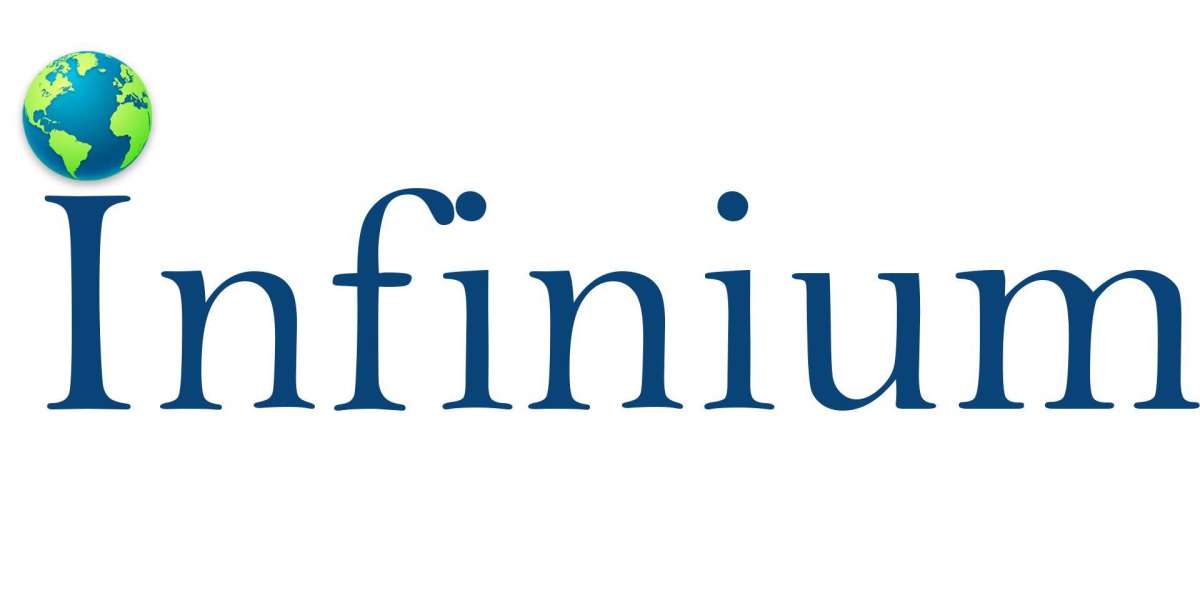The global precision medicine market is projected to grow at a CAGR of 9.59% from USD 82.05 billion in 2022 to USD 190.14 billion in 2030 during the forecast period of 2023-2030.
??????? ?? ???????? ?????? ?? ???? ????????? ?????? @: https://www.infiniumglobalresearch.com/form/1107?name=Sample
Infinium Global Research released a recent report that dives deep into the global and regional precision medicine market. It analyzes various segments and sub-segments within this market, along with the influence of short and long-term factors. These factors include drivers, restraints, and even broader economic indicators. The report provides a comprehensive overview of trends, forecasts, and the overall dollar value of the global precision medicine market.
A new study delves into the precision medicine market, analyzing industry trends, pricing, patents, and consumer behavior through conferences, webinars, and key stakeholder identification. This surge in precision medicine is fueled by the growing focus on genomics research and the promise of targeted genetic therapies. This is leading to wider adoption of precision medicine approaches. Additionally, growth in genetic testing and companion diagnostics further bolsters the market. Finally, increasing approvals for personalized medicines from regulatory bodies act as a tailwind for this expanding market.
Precision medicine takes a revolutionary approach to treatment. By analyzing a patient's genes and proteins, doctors can design personalized drugs to target their specific disease. This field is fueled by breakthroughs like single nucleotide polymorphism (SNP) analysis and biochip technology. Research on the human genome holds immense potential for the future. By deciphering an individual's unique genetic makeup, molecular profile, and clinical picture, doctors can tailor treatments with greater effectiveness.
Market Dynamics:
Driver:
Precision medicine requires a personalized approach, achieved through diagnostic tests that analyze a patient's genes for unique variations and mutations. These tests guide the selection of the most effective treatment regimen. The rise of genetic testing, fueled by advancements in cancer screening, prenatal testing, and even direct-to-consumer options, is facilitating this transformation. Furthermore, companion diagnostics, which are tests designed to identify patients most likely to benefit from specific therapies, are playing a critical role. By enabling individualized treatment selection, companion diagnostics are propelling the adoption of precision medicine.
Opportunities:
There's a surge in demand for cell and gene therapies due to their immense potential in treating areas with limited or no effective options. This includes chronic diseases in oncology, rare genetic disorders, and other hard-to-treat conditions. Pharmaceutical and biotech companies see this as a prime opportunity, investing heavily in developing and commercializing these novel therapies. Furthermore, cell and gene therapies offer a highly targeted approach, making them ideal for personalized medicine. In fact, the FDA approved five such therapies in 2022 alone. With these benefits, the growing demand for cell and gene therapies creates a significant opportunity for the advancement of precision medicine.
Challenges:
Despite the rising adoption of precision medicine therapeutics, challenges remain. Reimbursement and financing policies are a major hurdle, particularly in developing regions like Asia Pacific, Latin America, the Middle East, and Africa. Complex reimbursement structures and a limited patient pool opting for personalized medicine create uncertainty. This, coupled with the high cost of precision medicine regimens, can discourage patients from seeking this potentially life-saving treatment.
Market Segmentation
- Technology: This segment dives into the various technologies enabling precision medicine, including companion diagnostics, big data analytics, drug discovery, bioinformatics, gene sequencing, and others.
- Application: This segment explores how precision medicine is applied across different disease areas. It covers applications in respiratory diseases, oncology, immunology, the central nervous system (CNS), and other areas.
- End User: This segment identifies the key players driving the market. It includes laboratories, pharmaceutical companies, biotechnology and diagnostic companies, and others.
Regional Analysis:
North America:
- High prevalence of cancer: The significant number of cancer cases in North America drives demand for personalized treatment options.
- Growing awareness: Public and private awareness campaigns are raising public understanding of precision medicine, fostering its adoption.
- Investment in development: Increased government and private funding is accelerating the development of effective precision medicine solutions in the region
Asia Pacific
- Improving economies: As economic conditions strengthen; healthcare infrastructure advancements are enabling wider access to precision medicine.
- Developing infrastructure: Investments in healthcare infrastructure are creating a fertile ground for the adoption of precision medicine technologies.
Report Overview: https://www.infiniumglobalresearch.com/market-reports/global-precision-medicine-market
Competitive Landscape:
- biocrates life sciences ag
- Intomics (acquired by ZS Associates)
- Eagle Genomics
- Laboratory Corporation of America Holdings
- Novartis AG
- Quest Diagnostics Incorporated
- NanoString Technologies, Inc.
- Pfizer Inc.
- Teva Pharmaceutical Industries Ltd.
Future Outlook and conclusion
The future of precision medicine appears bright, with a projected market growth of 9.59% CAGR to reach USD 190.14 billion by 2030. This growth is fueled by several factors, including the rising prevalence of cancers and rare diseases, an aging population more receptive to personalized treatments, and the increasing use of big data in precision medicine research. While the high cost of these treatments presents a challenge, ongoing research and development efforts are expected to bring down costs and make precision medicine more accessible. Geographically, the Asia Pacific region is poised for the fastest growth due to its improving healthcare infrastructure and economic conditions. The report by Infinium Global Research offers a comprehensive view of this promising market, including future trends, key drivers and restraints, and insights into regional growth patterns. This information can be valuable for existing players and new entrants alike, informing investment decisions and strategies for success in the flourishing precision medicine market.

